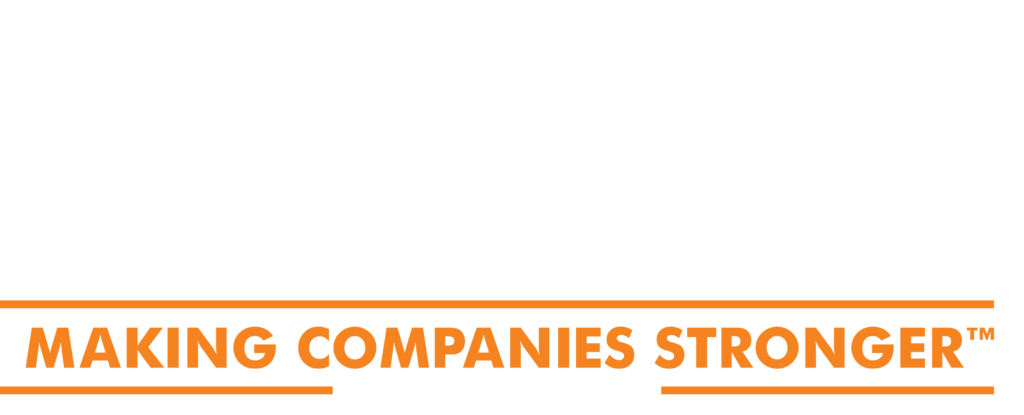Three Key Considerations
One of the clearest signs that your business is successful and is seen as having definitive upward potential is when you receive an offer from a competitor, holding company, or business in an adjacent market inquiring about your willingness to sell. If divesting yourself of the business is not a primary near-term goal, offers like these are likely to be unexpected and may spring your thoughts in multiple directions – What are the buyer’s motives and terms? What exactly are they offering in price, timing, and structure? It is easy to let one’s mind wander down these paths but doing so puts the cart before the horse.
Before focusing on a potential buyer’s goals and priorities, it is imperative to be clear about your goals and priorities and whether a potential acquisition really fits into that picture. It is human nature to let the purchase price rise to the top of your mind, but your ability to earn that price is contingent on many things you may be unprepared for. Financial components are crucial but non-financial components are also key factors, such as what would happen to your employees, whether such an arrangement would open new avenues for growth, and whether you would be excited about the chance to do something entirely new.
Having full clarity of your goals and outcomes prior to entertaining such inquiries is essential so that your initial interactions do not lead to an imbalanced focus on their needs and desires versus your own. Below we explore a few of the necessary questions to ask yourself before stepping into a potential acquisition meeting:
3 Key Questions for Uncovering Your Personal and Company Goals
- Is the growth of your company after the transaction important to you?
It is important to determine whether this is a “Strategic Buyer,” someone who owns or leads other companies that sell services or products in the same or similar space as yours. Competitive buyers are more likely to integrate your company into their portfolio to strengthen their market share and leverage competitive advantages you may have. They will, in turn, generally want to continue counting on the unique knowledge and skillsets of your existing team to take the business to the next level. Answering this question first for yourself will then enable you to determine whether your combined goals and intentions are a match.
- Do you want to maximize your cash out upon exit, but remain in the business for an extended period?
If you do, working with a “Financial Buyer” or someone looking at your organization as a standalone investment to buy today and re-sell at a higher value in a few years might be a better match. These buyers often want to retain the current management team after their investment for stability and provide additional strategic investments to support the achievement of the growth they desire and project.
- How long are you willing to wait for your desired outcome?
Typically, selling one’s business to another entity or individual can take six to nine months. So, if you choose to proceed, be prepared to be patient and able to keep your business healthy throughout the due diligence process. Avoid the pitfall of becoming so distracted with post-sale planning and transition activities that you lose focus on the people and practices that made your company a good investment in the first place. By staying focused and keeping your business strong, you will ensure you are always in a good position, no matter what path the acquisition conversation takes. Remember that no deal is too good to walk away from, so maintaining a healthy company is always essential for your future.
Setting Up You and Your Company for Success
 Depending on what your goals and priorities are, acquisition offers can feel like a compliment or an unwelcome intrusion. Remember that it is your company, and you get to control the process. A potential purchase and its details should be primarily contingent on the goals you set out for you and your company. Answering these questions honestly and openly beforehand will help uncover what you truly want for your future and the future of your company and allow you to remain in the driver’s seat during the initial and subsequent discussions about the potential purchase of your business.
Depending on what your goals and priorities are, acquisition offers can feel like a compliment or an unwelcome intrusion. Remember that it is your company, and you get to control the process. A potential purchase and its details should be primarily contingent on the goals you set out for you and your company. Answering these questions honestly and openly beforehand will help uncover what you truly want for your future and the future of your company and allow you to remain in the driver’s seat during the initial and subsequent discussions about the potential purchase of your business.
—
Need help thinking through these questions and evaluating your goals and options? Contact Us for a complimentary consultation with an experienced vcfo expert team member.
Originally posted March 16, 2017
vcfo consultants have been involved in several acquisitions as CFO for both buyers and sellers and regularly advises clients on the financial aspects of the mergers & acquisitions to keep them focused on their goals.


